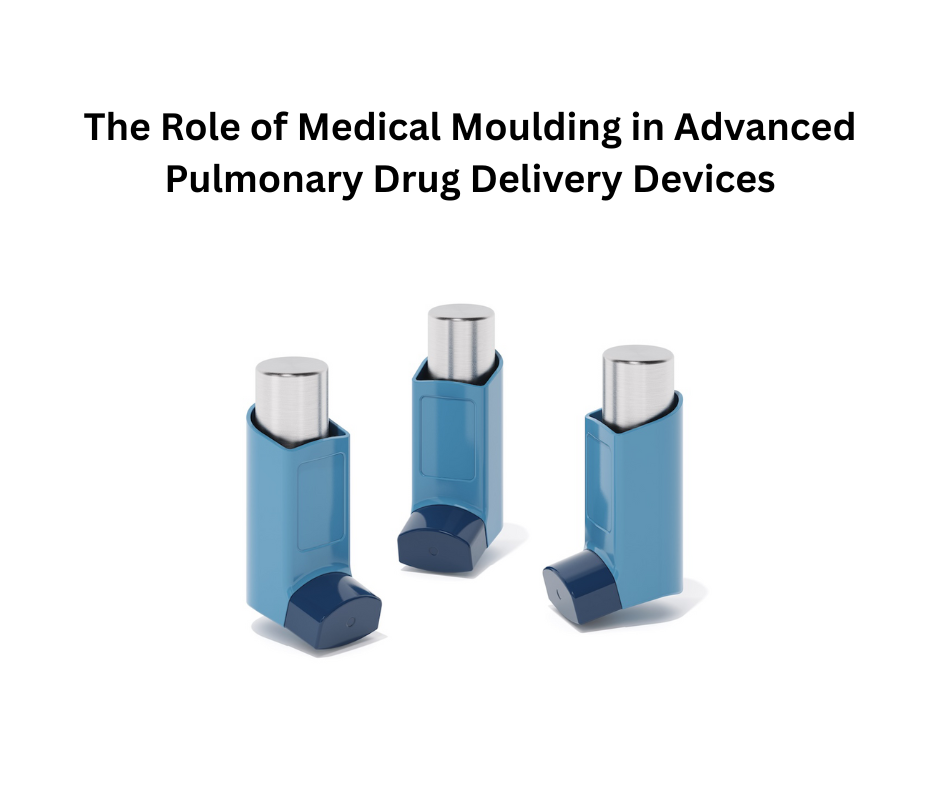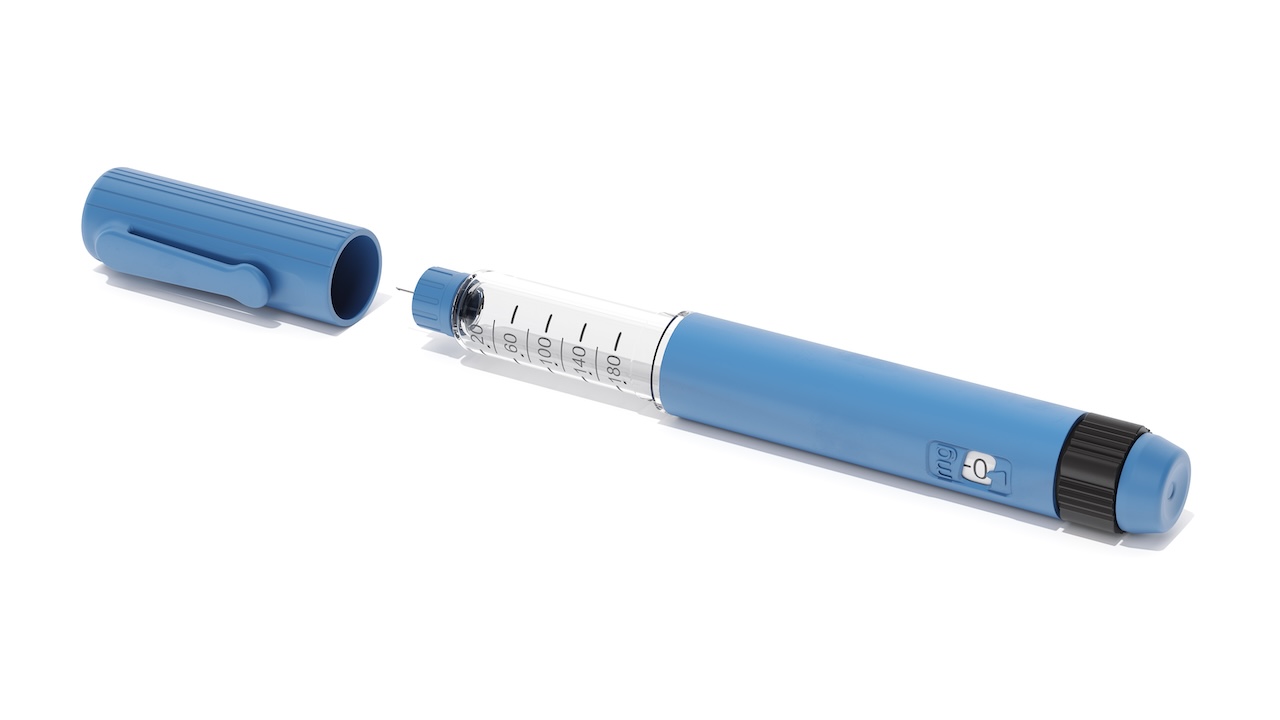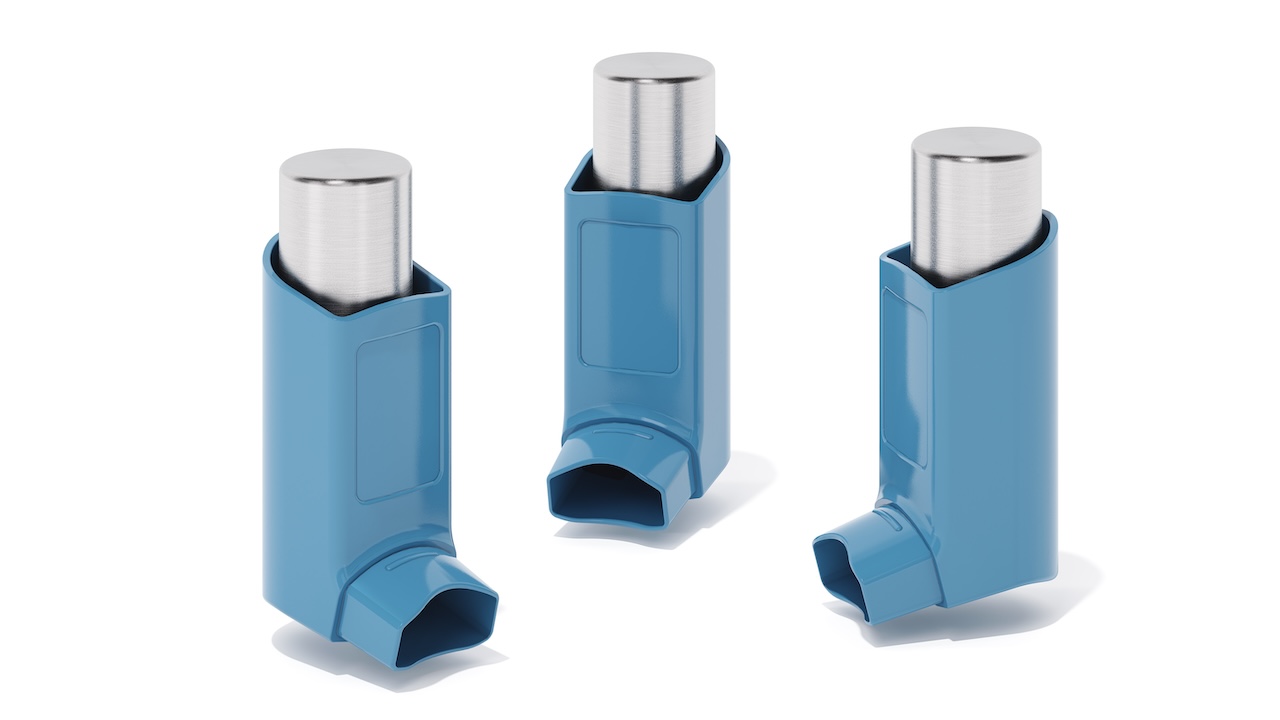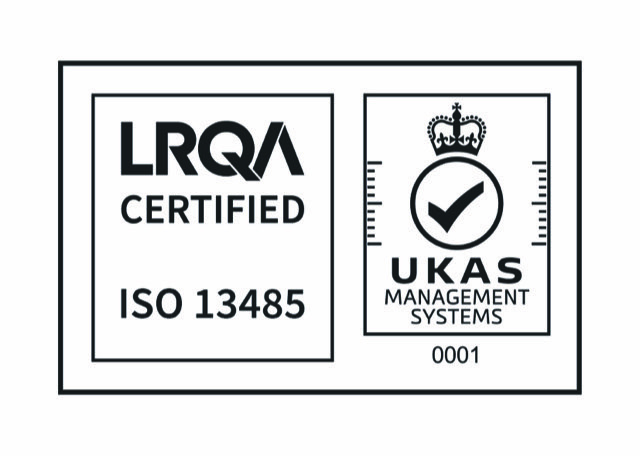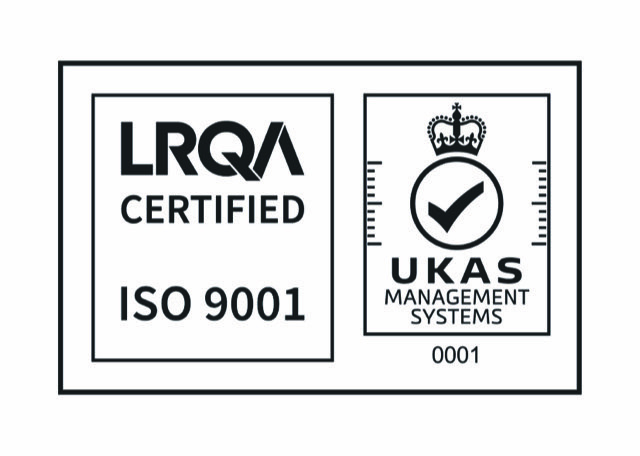How to find the right micro molding supplier?
Choosing the right supplier is vital for the success of any project. In the case of micro molding, final products are complex and challenging to make, with complicated standards and procedures to follow to be sold globally, hence the process to choose the trusted supplier could take longer with more questions to be answered.
Partnership from Day 1
Unlike conventional injection molding, the design and manufacture of mold tooling for micro-molded components calls for a higher level of precision and a unique set of skills. The chosen micro molding partner should not be only considered as a contractor or supplier, but rather a strategic partner throughout the whole product development process, working closely with the designers and product developers of the OEMs. With their expertise and experiences, the ideal micro molding partner would be able to advise their OEMs on the practicality, scalability, accuracy, time scale and cost effectiveness of the product concept and design.
When shortlisting the potential suppliers, OEMs should also pay attention to the level of support and the method of communication, to ensure effective communication and knowledge sharing are maintained throughout the whole process.
In addition, in order to build and maintain a successful partnership, the project management capability of the supplier plays an important role. A micro molding supplier with an effective project management system could maximise client satisfaction and project’s success through a well executed, open and successful project plan. The project manager from the supplier’s side could also help avoid any unforeseen expenses and wasted time, by providing useful, most updated information to both the supplier’s internal and external parties, the client and any other relevant groups of interest.
By having a close relationship with the suppliers, OEMs could also have a better understanding about the former’s business approach, values and sustainability, ensuring they are in line with their own. Additionally, for micro molding projects with the potential to be expanded in the future, it is vital for OEMs to discuss the suppliers’ capabilities in expanding their physical and human resources to meet the higher demand.
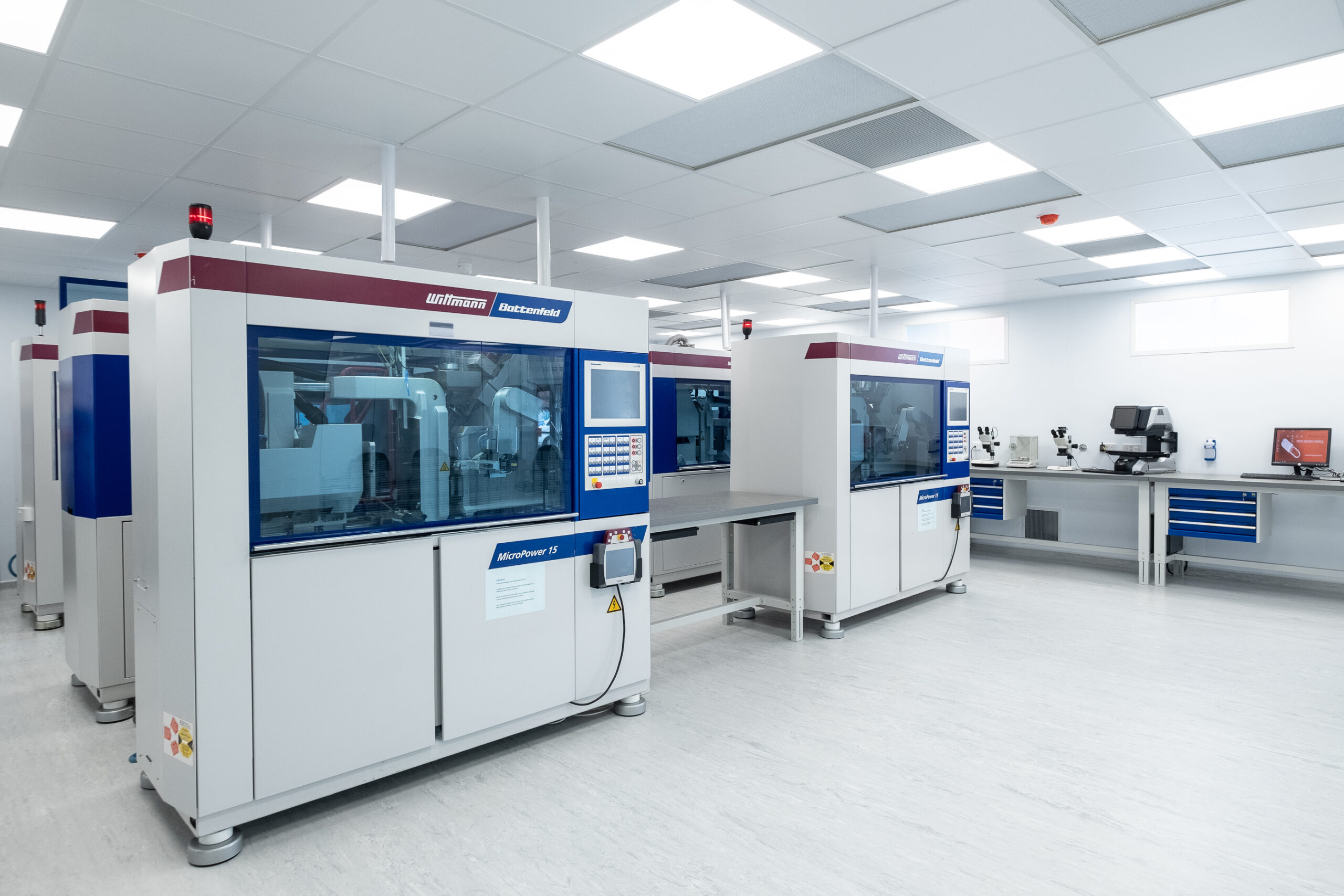
The chosen micro molding supplier should have the required experiences, technology and capability to meet the future demands from OEMs. (Photo: Micro Systems)
Tooling/Material expertise
In micro molding, due to their extreme small size down to a fraction of a human hair, materials behave differently, which makes it almost impossible for conventional injection molding companies to take on micro molding projects. The chosen micro molding partner needs to have the extensive and unique knowledge and experience in tooling and material, such that the chosen material and mold designs could support the scalability and durability of the final molded parts as requested. Depending on the nature of each project (prototype vs mass production, medical vs non-medial, etc.), material experts from the chosen suppliers could give valuable inputs since the early stages of the project, hence reducing the chance of mistakes and time wasted on unsuitable materials.
The shortlisted suppliers also need to be able to showcase their expertise through their samples from previous projects, proving their ability to produce molds and molded parts down to the micro size required.
Technology and In-house production
Due to the complexity and tight relationships between mold components, it is vital to choose the supplier that has the capability to design and manufacture micro molds in-house. As the heart of any micro molding project, micro molds require a combination of unique expertise and state-of-the-art technology. Top micro molding manufacturers could spend millions of pounds each year on training and purchasing the most cutting-edge equipment and manufacturing technologies. Furthermore, it’s not only the matter of having the most expensive machinery, but also the collaboration between departments (design, tooling, etc.) on-site at the supplier to smoothly deliver a successful project. Experienced suppliers could have both micro tooling and micro molding facilities on the same site, making them the ideal suppliers for a turnkey project, as any unfortunate problems in the final molding stage could be dealt with effectively, miscommunication could be avoided and efficiency is overall improved.
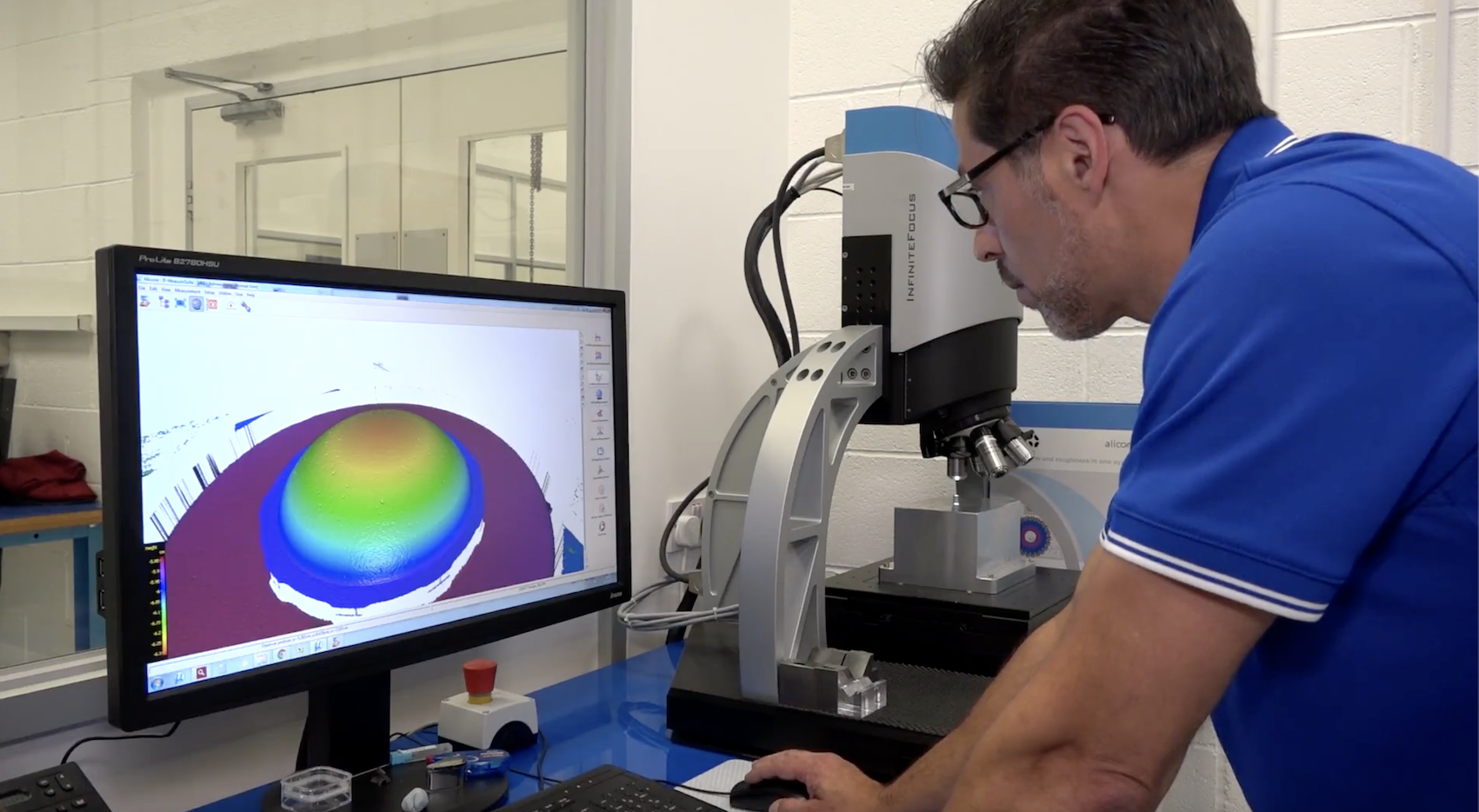
A critical part of micro molding that differs it from conventional injection molding is the vital role of quality assurance and measuring. Micro molding suppliers having the ability to carry out quality checks with an inhouse Micro Metrology department could avoid any error in measurement due to the change in environments between the production site and metrology site. A trusted supplier could also prove their highest attention to quality assurance by heavily investing on the top micro metrology equipment.
Choosing a supplier with well-recognised Quality Management System (QMS) certifications is not unfamiliar with most OEMs, especially for those with projects related to the Healthcare/Medical industry. Whether it is for tool manufacture or micro injection molding process, a QMS, for example ISO 9001 or ISO 13485, works as a formal system that records the processes, procedures, and roles necessary to effectively accomplish the project’s goals based on globally accepted standards.
With the green revolution across industries nowadays, another important factor to be considered when choosing the ideal micro molding supplier is Corporate Social Responsibility (CSR). As sustainable procurement and sourcing has become a common standard for many businesses, especially those operating internationally, having a key micro molding supplier with a clear CSR approach and a high level of transparency in their performance allows OEMs to ensure their overall CSR performance.
After-sales service support
The relationship between OEMs and their micro molding suppliers does not stop when the molds or molded parts are delivered. Immediate and effective support after-sales from trusted suppliers show their responsibility, professionalism and their ultimate efforts to ensure a long-term relationship with their clients. Especially in the case of micro molds, as throughout their lifecycle, undesired faults could happen, or simply the molds need prearranged maintenance and servicing after their designed hours of operation, the chosen suppliers need to be able to communicate effectively with their OEMs to ensure the required tasks are completed within a reasonable time and costs (if any).
Conclusion
In a world where marketing and social media could be misleading, understanding the major differences between those who claim they can mold micro components (or provide mold design/manufacturing) and those who can is essential when selecting the right micro molding supplier to partner with for a micro molding project. By spending the time and effort in choosing the right supplier at the beginning, OEMs can save a lot of time and finance (shorter project time length, lower rates of faults, etc.), and positively find themselves a trusted supplier for other projects in the future.
When making the final decision on the chosen micro molding supplier, OEMs should ask themselves those important questions:
- Does the supplier possess the necessary production capabilities?
- Does it have the ability to produce/design molds/micro molded parts quickly enough to meet requests at the stages of product development, market launch, or production?
- Does it provide the products at a reasonably competitive price?
- Does it have the necessary degree of quality control (in Healthcare/Medical, in Food and Drink, etc.)? Does it have the required certifications for the targeted industry?
- What is its method of communication? Who will be responsible for the communication between the 2 parties?
- Does it work with other contractors for your project? If yes, how do they control the quality of their suppliers?
- Does it provide after-sale services (maintenance, servicing, etc.)?
- Does it have the required scalability and flexibility for the future expansion of the project?

Micro Systems’s vast know-how in design, ultra-precision micro machining capabilities and expert knowledge in micro molding technology allow us to manufacture advanced microfluidic molds with tolerance as low as +/-0.001mm, with integrated optics. We have a dedicated micro molding facility, and have ISO13485 and ISO9001 certifications. For more information, please Contact us or visit our website.

